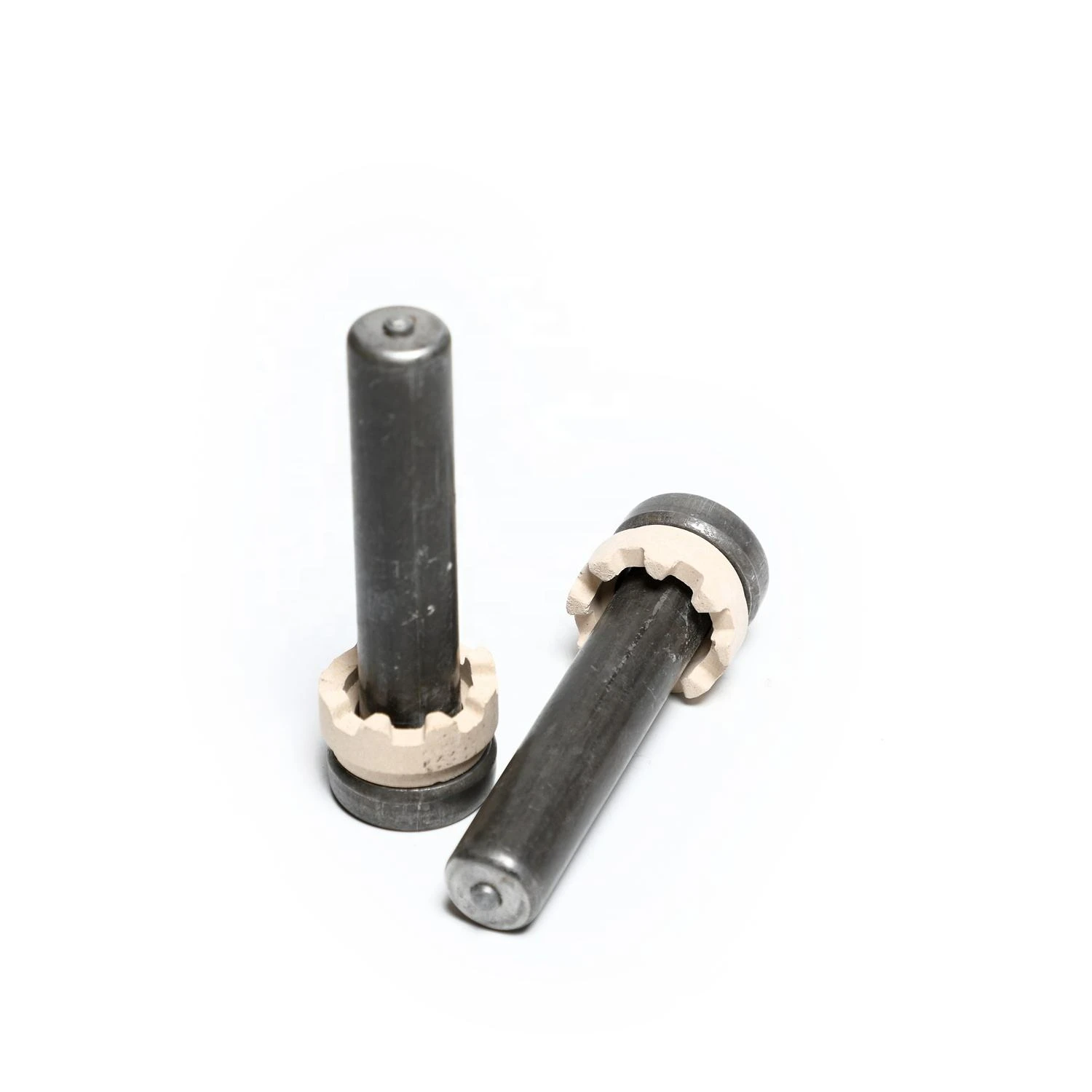

metric flat washers
พ.ย. . 02, 2024 07:03 Back to list
metric flat washers
Understanding Metric Flat Washers A Comprehensive Guide
When it comes to fastening and securing components in various mechanical and construction applications, one often underappreciated yet crucial element is the metric flat washer. These small, disk-shaped pieces serve a significant function in enhancing the performance and longevity of a fastening system. In this article, we will delve into what metric flat washers are, their uses, materials, and considerations for selection.
What Are Metric Flat Washers?
Metric flat washers are circular plates with a hole in the center, designed to distribute the load of a threaded fastener, such as a bolt or screw. The primary purpose is to create a smooth surface that helps to minimize wear and tear on the materials being fastened, which can lead to improved connection integrity and reduced risk of damage to the components over time.
Applications of Metric Flat Washers
These washers are widely used in various industries, including construction, automotive, and manufacturing. They are particularly beneficial in applications that involve load-bearing connections where tension is applied. By distributing the load evenly, flat washers help prevent damage to soft materials and reduce the chances of loosening over time due to vibrations.
metric flat washers

Materials and Specifications
Metric flat washers come in a variety of materials, including steel, stainless steel, plastic, and rubber, each chosen based on the specific requirements of the application. For example, stainless steel washers are ideal for applications exposed to moisture or corrosive environments due to their resistance to rust and corrosion. On the other hand, rubber washers provide excellent insulation and can absorb vibrations, making them perfect for electronic applications.
Selecting the Right Metric Flat Washer
When selecting a metric flat washer, it's essential to consider factors such as size, material, and load requirements. The washer's inner diameter should match the diameter of the bolt or screw, while the outer diameter should be large enough to provide adequate surface area for load distribution. Additionally, considering factors like tensile strength and the environment in which the washer will be used can help ensure its performance and longevity.
Conclusion
In summary, while they may appear to be simple components, metric flat washers play an essential role in ensuring the stability and durability of numerous applications. Understanding their purpose, material properties, and selection criteria can lead to more successful and reliable fastening solutions across various industries. Whether you’re a DIY enthusiast or a professional, ensuring the right components are in place can make all the difference in the performance of your projects.
Latest news
-
Premium Fasteners Manufacturer | AI-Driven Solutions
NewsAug.01,2025
-
Hot Dip Galvanized Bolts - Hebei Longze | High Strength, Corrosion Resistance
NewsAug.01,2025
-
High-Strength Hot Dip Galvanized Bolts - LongZe | Corrosion Resistance, Custom Sizes
NewsAug.01,2025
-
Best Self Tapping Screws for Drywall - Fast & Secure Installation
NewsJul.31,2025
-
High-Strength Hot Dip Galvanized Bolts-Hebei Longze|Corrosion Resistance&Customization
NewsJul.31,2025
-
Hot Dip Galvanized Bolts-Hebei Longze Metal Products|Corrosion Resistance&High Strength
NewsJul.31,2025

